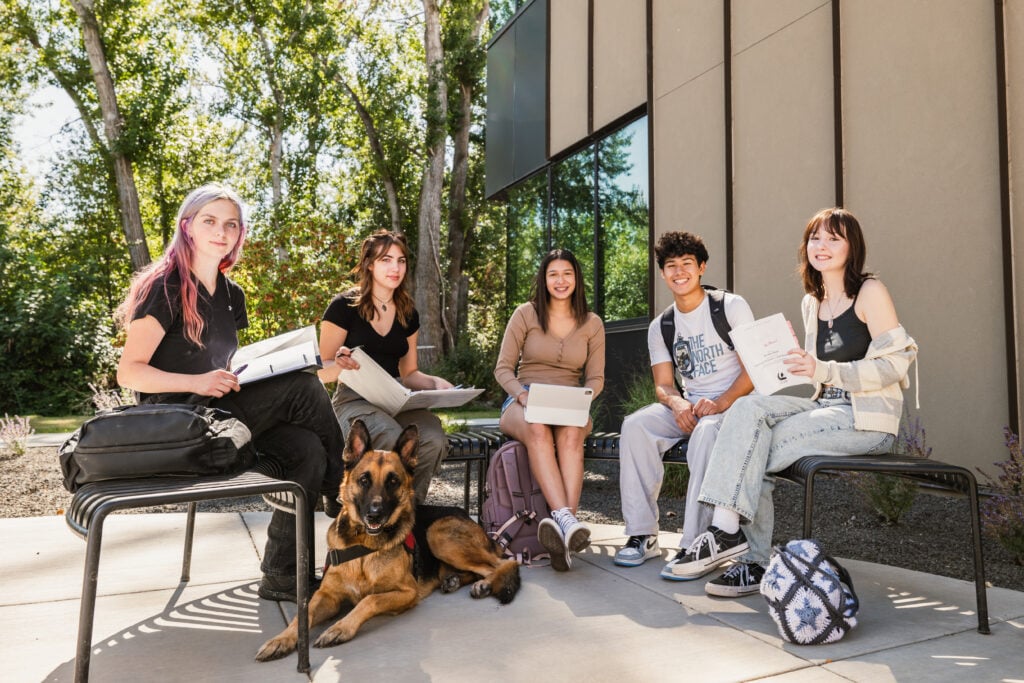
Common Accommodations
Accommodations are determined through an interactive process between the student and DSS. During this process DSS works with the student to identify barriers that they face due to their disability and determine reasonable accommodations that will help to remove those barriers. Students are still responsible for meeting all learning objectives and course requirements. If an instructor feels that an approved accommodation is a fundamental alteration to their course or has questions on how to implement an accommodation in your course please reach out to your DSS staff.
Testing
Students may receive a number of accommodations that apply just during testing. For questions regarding the process regarding submitting exams or picking up completed exams please contact The Testing Center at [email protected], or [email protected]

Temporary Accomodations
While temporary accommodations are not covered under ADA we would like to provide support for students who receive an injury, illness, or surgery while attending WWCC. Temporary accommodations will have a specific deadline stated on the letter that may or may not be before the end of the quarter.
Student Athletes: DSS has worked with the athletics department to determine a process for our athletes who receive a concussion while engaging in athletics. You may receive a letter regarding an athlete from the athletic trainer that is co-signed by DSS.
Technology Available to Students Registered with DSS
The following Assistive Technology programs, and/or equipment are available to be loaned out to students who are registered with DSS and qualify for their use. Technology available is not limited to this list. Please talk with your DSS staff to see if there is additional technology available to meet your needs.
Everyone learns differently
Accessible for all
Some students would benefit from listening the their study materials, while others would benefit from viewing websites in dark mode.
Here at WWCC we are working on making our content accessible for all students and their needs. There are some resources (Free or paid) that any student can access to help them along their educational journey. The DSS office also has access to programs, devices, and equipment for students with disabilities. The purpose of Assistive Technology is to remove barriers and all students to equally access their education. If you would like more information on any of these offerings please reach out to your campus’ DSS office.
Technology available for ALL students
There are a wide variety of programs, or browser extensions that are available for any student to access. Most of the services are free to use but some do require a subscription. The following technologies do not require a student to be registered with DSS in order to access them.
